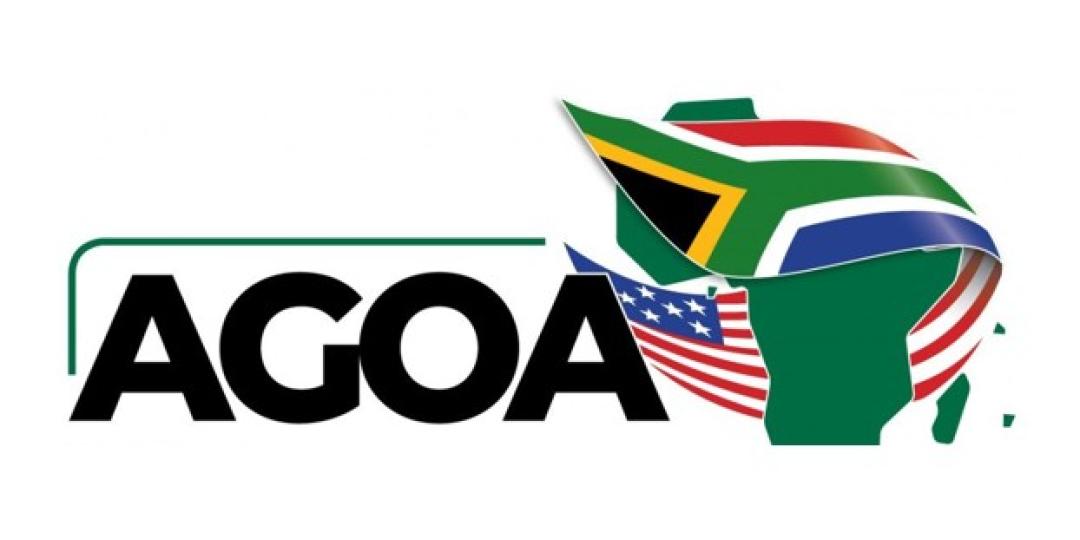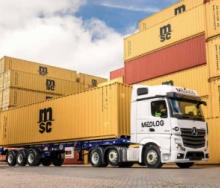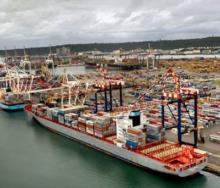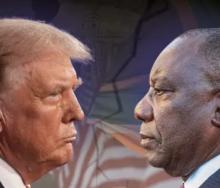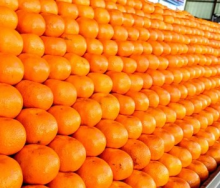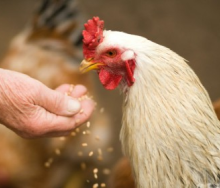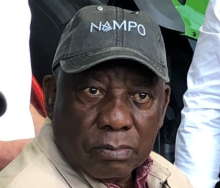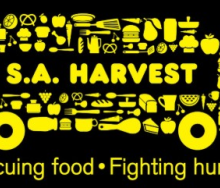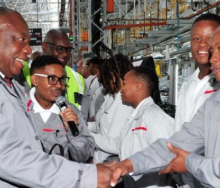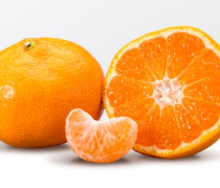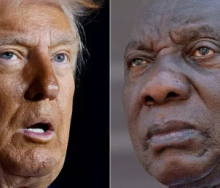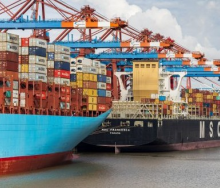Following the clear provocation by a hostile reception during a media briefing in the Oval Office, a visibly tired President Cyril Ramaphosa said South Africa played a bigger regional trade role in the context of the African Growth and Opportunity Act (Agoa).
He said it was particularly relevant given the country’s position as one of the largest economies on the continent, its responsibilities to the Southern African Development Community (SADC), the African Union (AU), and as principal member of the oldest customs union in the world.
Referring to the 30% increase in US export duties that might come into force in mid-June, Ramaphosa said: “When we do settle down to talk about tariffs, we are part of the South African Customs Union, so we will be talking about tariffs in that broader context.”
It’s not the first time that Agoa seemed under threat.
When Barack Obama was ensconced in the White House, the Democrat leader also took South Africa to task over restrictions on US chicken dumping, a position that is still in place.
But the current threat to the duty-free trade and investment framework that includes 32 other African economies, is far more severe.
In fact, after Trump went on the trade offensive on April 2, announcing a raft of tariff increases that included 30% tariffs on a host of South African products, currently under a 90-day pause, many trade analysts said Agoa was as good as dead.
One of them is Donald MacKay, CEO of XA Global Trade Advisors.
At the time, he said if Agoa did survive, it would most likely only be until September when the framework came up for renegotiation.
But Ramaphosa is determined to succeed as a de-facto representative for the continuation of trade benefits under Agoa, saying it is important for South Africa’s trade delegation to retain an SADC, AU and sub-Saharan trade perspective, while on his current visit to Washington.
Probed about the contentious court case South Africa brought against Israel at the International Court of Justice (ICJ) in De Hague over the war in Gaza, Ramaphosa said: “We were condemned at an early stage.
“The role that we (South Africa) play is a constructive role.”
Interestingly, the ICJ matter was also downplayed by Trump during the somewhat heated media briefing.
It was identified as a burning issue for the current SA-US bilateral talks, and Trump wouldn’t be drawn on the matter.
Ramaphosa said after yesterday’s showdown on Pennsylvania Avenue, that Trump acknowledged South Africa’s role in its peace-keeping efforts.
The damp-squib response that the ICJ matter has so far elicited, stands in stark contrast to the drama that ensued when Trump embarked on a tirade about so-called white genocide in South Africa.
If worldwide media reports and stakeholder comments are anything to go by, it’s clear that Trump attempted to ambush Ramaphosa with his remarks.
Undaunted by what happened in the Oval Office, Ramaphosa seems determined to restore trade relations with the US.
